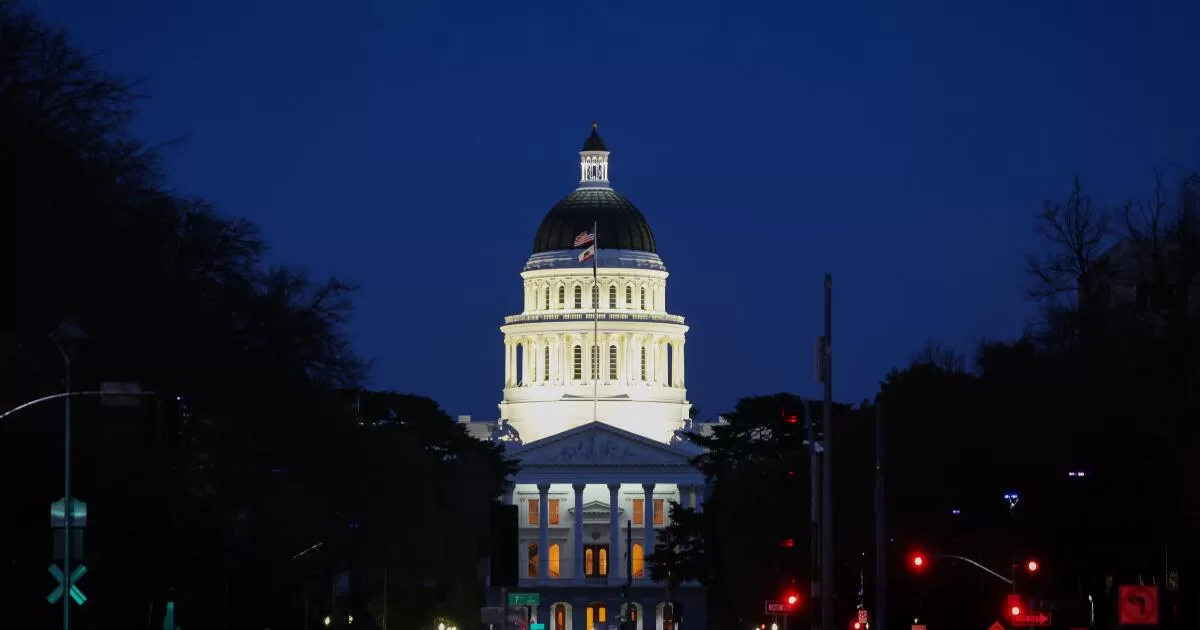The two climate and education bond measures would borrow $10 billion each and could be put before voters on the November ballot if approved by the Legislature this week, then signed by Gov. Gavin Newsom.
“These bond measures are critical to the future of this state,” California Senate President Pro Tem Mike McGuire (D-Healdsburg) said in a statement.
Top Democratic lawmakers announced a deal on the bond measures Sunday after months of closed-door negotiations in the state Capitol about which issues should be tackled through long-term financing and how much to borrow. The deal represents lower asks — original proposals topped $14 billion and $15 billion each — and scraps a plan to seek a bond measure to fund affordable housing.
The bond agreements follow Saturday’s signing of a budget plan by Newsom that closed an estimated $46.8-billion deficit through spending cuts and temporary tax hikes on some businesses. The bond measures, if approved by voters, would allow legislators to borrow money not allocated by the budget.
Environmental groups, including the California Institute for Biodiversity, supported the climate-related bond, which aims to help communities “avoid and recover” from disasters such as floods and extreme heat. If passed, it will be the largest investment in climate in state history.
“Every part of our state is affected, and unless we take action now, the cost to address these impacts will become increasingly overwhelming,” said state Sen. Ben Allen (D-Santa Monica), chair of the Senate Environmental Quality Committee.
A long list of school districts support the education finance bond measure, which would modernize schools in need of new heating and cooling systems, libraries and broadband internet. But Public Advocates, a civil rights organization, threatened a lawsuit over the measure for what it called an “inequitable distribution formula” that could discriminate against low-income school districts.
“This bond will continue to deliver more state bond funds to wealthier districts with higher assessed property values and more capacity to raise local bonds,” Public Advocates said in a statement Sunday.
If the Legislature approves the climate and education measures this week, voters may not do so in November. Voters in this year’s primary election barely approved Proposition 1, a $6.4-billion bond measure to transform California’s mental health system.
According to a recent poll conducted by the Public Policy Institute of California, 64% of voters surveyed said it’s a “bad time” to issue state bonds. California has about $79 billion in outstanding bond debt, according to the nonpartisan Legislative Analyst’s Office.
The Associated Press contributed to this report.
